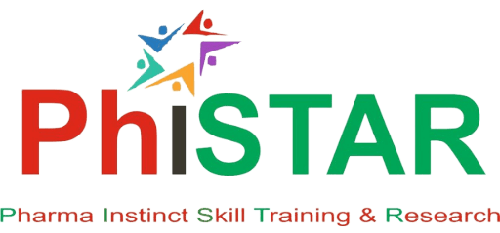
Clinical Research means that the research you are doing is very important and responsible. Let me clarify here that in Clinical Research, you work only on human subjects — these may be healthy volunteers or patients. As you are not dealing with any kind of animal experimentation, human life becomes even more important during the research process. You should be extremely careful about a drug’s safety and efficacy profile. This highlights the importance of clinical research training, as it prepares professionals to handle such responsibilities with the necessary ethical, scientific, and regulatory knowledge.
The training of Clinical Research Coordinators (CRC) and Clinical Research Monitors (CRA) is vital for accurate clinical outcomes. They must understand study protocols, Adverse Events (AEs), Serious Adverse Events (SAEs), and Adverse Drug Reactions (ADRs). Since CRCs often identify adverse reactions first and CRAs ensure proper reporting, both must be aware of possible drug side effects. A well-designed clinical research course prepares them with these essential skills.
Case Report Form (CRF) is an important document, and the Clinical Research Coordinator (CRC) is responsible for completing it at the site. The CRC must know how to accurately fill out the CRF and how to correct mistakes if any occur. Proper procedures include using a ballpoint pen, avoiding white fluids or correction tapes, and writing dates in the DD/MM/YY format. This is why thorough CRF training is essential for every CRC.
The Informed Consent Form (ICF) is another critical document. The CRC must be well-trained to understand what an informed consent form is, when and how it should be filled, and by whom. A signed copy of the ICF must also be handed over to the patient for their records. These procedures further underline the importance of clinical research training, and enrolling in a clinical research course ensures professionals are equipped to handle patient-related documentation ethically and compliantly.
Log books must be clearly maintained and managed by CRC or designated person. The content written in log books must be readable and it must comply with the protocol. All the log books must be filled with care. Any wrong entry in CRF/log books may give false impressions, so each document must be properly checked and wrong entries must be document by CRC.
Moreover, it is important to have training on GCP guidelines and regulatory guidelines so that CRC, PI, and CRA are aware of important precautions they have to take while taking up clinical trials.
We believe that post graduates or doctorate students must have thorough training of GCP before applying for CRC positions so that they are confidant of the task they are doing.
We hope you enjoyed our blog, “Inappropriate & Insufficient Training at Entry Level Hammers Your Growth in Clinical Research.” If you want to learn more about clinical research courses and related topics, click here to read our other blogs. To stay updated with the latest news and insights, make sure to follow and subscribe to us on YouTube, Instagram, and Facebook.





